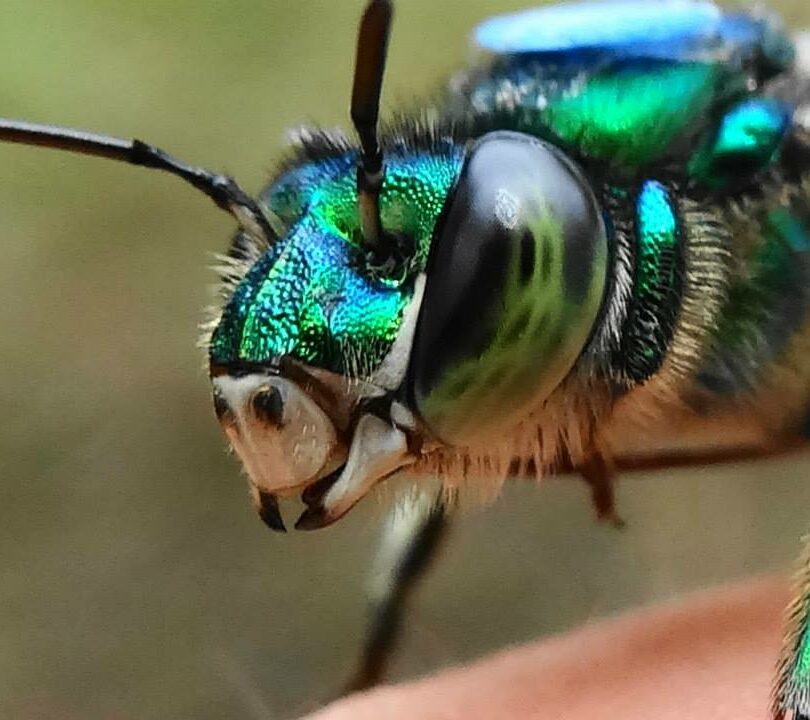The Biodiversity Futures Initiative is a UK-based non-profit launched in 2023 to address the growing need for scientific quality and transparency in nature conservation.


The Biodiversity Futures Initiative provides a high quality independent academic review system using a large team of international experts from multiple universities around the world to quantify the biodiversity gain achieved from various projects. The Wallacea Trust biodiversity credit methodology is used as the standard against which the biodiversity gain of projects can be identified for projects submitted by the private sector, NGOs and government bodies.
For many clients just providing independent academic review of the scale of the biodiversity gain may be all that is needed in order to evaluate the benefits per unit of investment or to include in ESG reports (e.g. project A has achieved a 20% increase in biodiversity covering 1000 hectares, over the last 3 years). For others though there may be a desire to monetize this gain by issuance of those units of biodiversity gain as biodiversity credits and this can be done through various block chain and more traditional registries. In these situations, the Biodiversity Futures Initiative would recommend that only 80% of the credits were issued after each verification event. The remaining 20% buffer of credits would be retained as a bank of credits for use to underwrite issued biodiversity credits in the case of force majeure issues affecting the project.
The Biodiversity Futures Initiative is an essential part of achieving the high standards required for issuance and retirement of biodiversity credits. The ISEAL Assurance Code which provides a framework for assessing compliance with standards, recommends that all parts of the certification process are separate, so there is no conflict of interest at any stage in the process. The 4 stages are:
One of the main criticisms of the voluntary carbon markets is that often design and ownership of the methodologies, the decision on how many credits to issue and retirement of those credits is within the same organization which can create conflicts of interest. The biodiversity credit route to certification provides independence at each stage of the process.
It has emerged thanks to the growing potential of biodiversity claims to quantify the impacts of private sector, government and NGO funding for the conservation and restoration of nature. The Biodiversity Futures Initiative will provide independent academic peer review to credit-generating projects and the claims made against them by their funders.